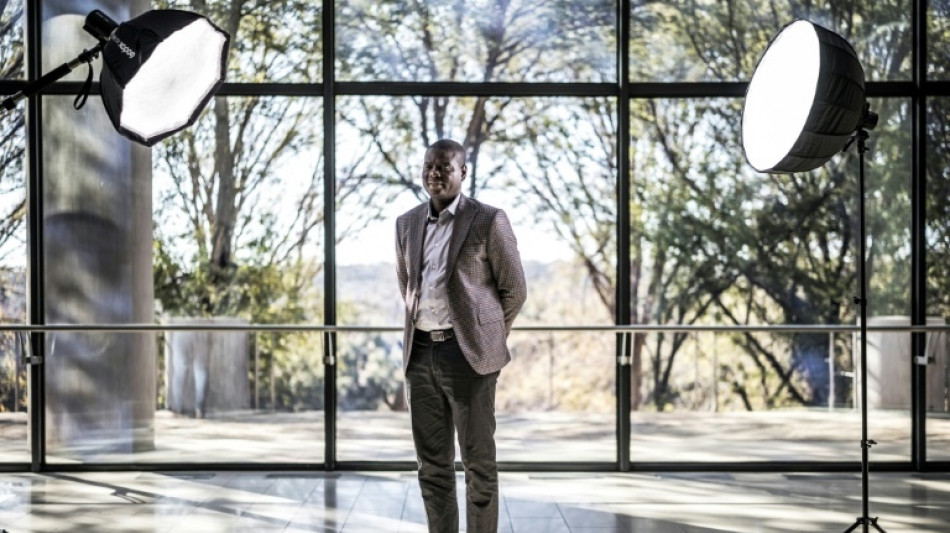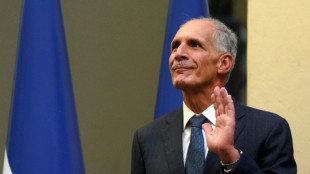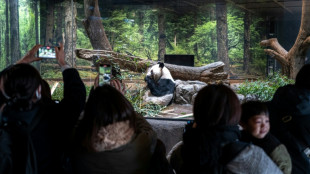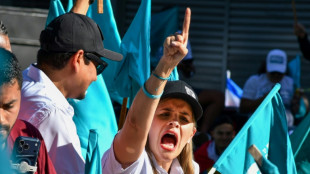

S.Africa calls US welcome for white Afrikaners 'apartheid 2.0'
Washington's preferential treatment of white Afrikaners for resettlement into the United States is "apartheid 2.0", South Africa's foreign minister said Wednesday.
US President Donald Trump's administration in May offered refugee status to the minority white Afrikaner community, claiming they were victims of discrimination and even "genocide", which the Pretoria government strongly denies.
The "refugee programme is preferential treatment of Afrikaners in South Africa to enter the US", Foreign Minister Ronald Lamola said at a press briefing.
"And you know, with our history... preferential treatment of a particular privileged group, the Afrikaners, who are not running away from any genocide in this country, is definitely apartheid 2.0," he said.
A first group of around 50 Afrikaners -- descendants of the first European settlers of South Africa -- were flown to the United States on a chartered plane in May.
Others have reportedly followed in smaller numbers and on commercial flights.
Afrikaner-led governments legalised the race-based apartheid system that denied South Africa's black majority political and economic rights until it was voted out in the first all-race election in 1994.
Trump essentially halted refugee arrivals after taking office in January but made an exception for the Afrikaners despite Pretoria's insistence that they do not face persecution.
The United States is reportedly applying for visas for around 30 people from a Christian NGO based in Kenya to come to South Africa to fast-track the processing of Afrikaner applications for resettlement.
"There is no obligation, no duty for the South African government to assist the US government with this refugee programme," Lamola said.
- 'Not alone' -
Relations between South Africa and the United States plunged to a new low after Trump took office, expelling Pretoria's ambassador in March.
Trump later imposed 30-percent tariffs on exports from South Africa, which has been negotiating for a reduction to avoid potential job losses.
Talks were continuing and a team from the US Congress was due to visit this week, Lamola said, but South Africa should prepare to have to "live with" the tariff.
Several countries were affected by the "unpredictability of the current administration in the US", the minister said. "We are not alone."
Among the sticking points in bilateral ties is South African legislation intended to redress apartheid's race-based discrimination by promoting black business ownership and the redistribution of farmland still mostly in the hands of whites.
"We continue to reiterate that these are matters which are firmly within the grasp of the South African people and its sovereignty," the minister said.
He also reiterated the government's rejection of the latest US Human Rights Report, which said human rights in South Africa had significantly worsened.
To counter claims that white farmers were targeted for murder, Lamola cited police statistics that between January and March there were six murders in farming communities. Four of the victims were employees or farm dwellers, who are most often black.
"These statistics do not reveal a pattern of action driven by inflammatory racial rhetoric against a specific community or that it is racially motivated," he said.
C.Chaudhary--MT




